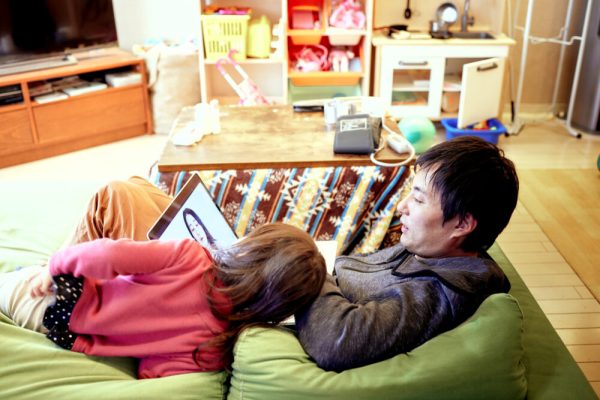Screen time and young children
The time that children spend paying attention to screens can lead to conflicts within families. We are helping parents, carers and educators to have positive conversations about digital technology and help children develop positive digital behaviours. Our starting point is to highlight the positive impact of digital engagement – and remember that screen time, in all its forms, is not a negative thing.
Quick links: Strategies for families | Movement
Strategies for families
We reviewed 100 studies about little kids and screens. Here are 4 ways to help your child use them well
In our new research, published in JAMA Pediatrics, we reviewed 100 studies on the influence of screen use contexts on the cognitive (brain), social and emotional development in children from birth to five years. The screens included TV, computer games, smartphones and tablets.
These studies, published between 1978 and 2023, involved more than 176,000 children and their families from 30 countries. This included the United States, United Kingdom, China, Canada, Japan and Australia.
From this, we distilled four research-based ways parents can help their children use screens in healthy ways.
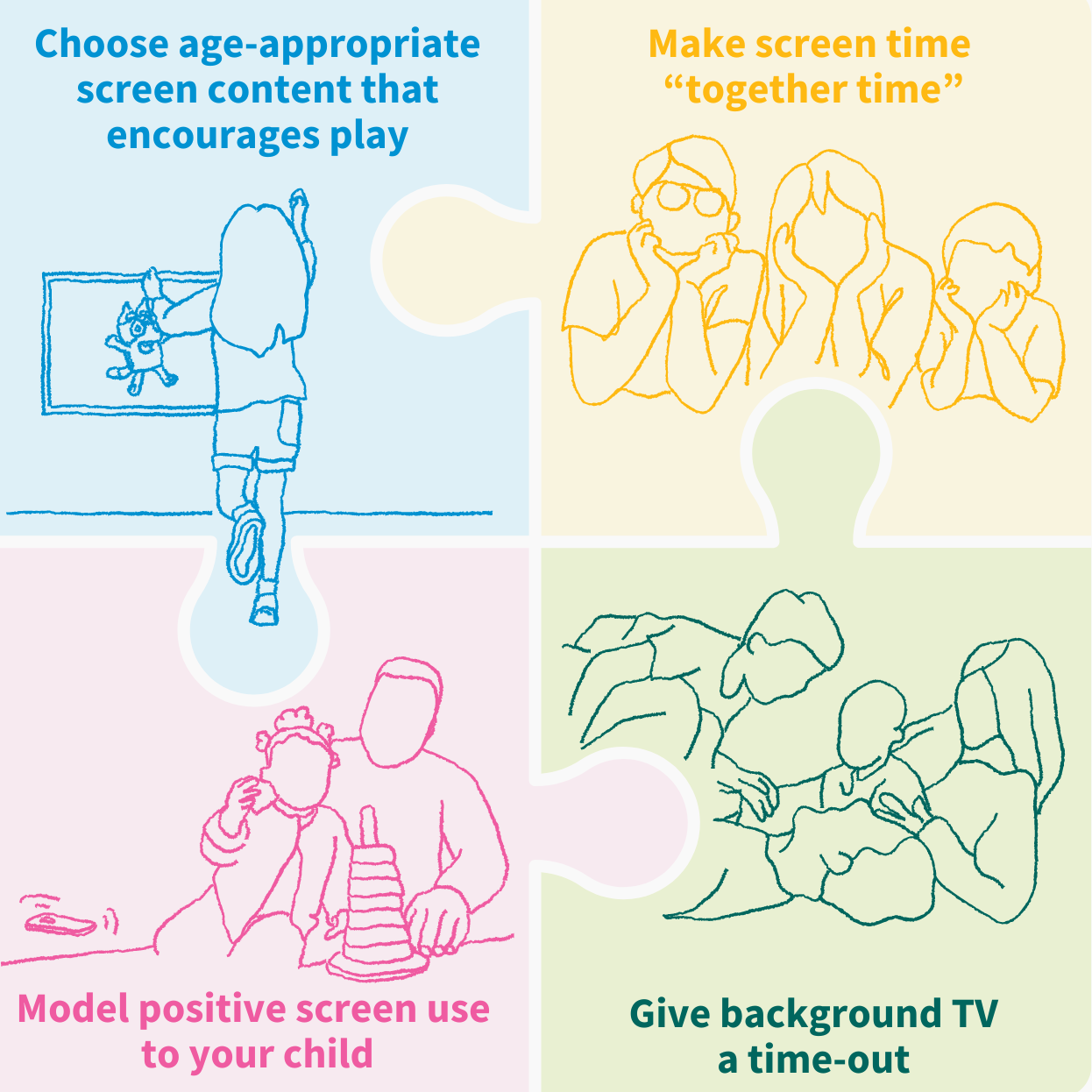

Parents and screen time: are you a ‘contract maker’ or an ‘access denier’ with your child?
For our latest study, we interviewed 140 parents in seven different countries – Australia, China, United Kingdom, United States, South Korea, Canada and Colombia – with children ranging from ages four to 11. Twenty interviewees were from Australia.
We found four main ways parents try to deal with their children’s use of screens. All have their benefits and drawbacks.

3 ways to help your child transition off screens and avoid the dreaded ‘tech tantrums’
For many families, there is a daily battle around getting kids off their screens and avoiding “tech tantrums”.
Our new research looks at how parents and carers can help children with what researchers call “technology transitions”.
3 ways app developers keep kids glued to the screen – and what to do about it
From learning numbers to learning how to brush your teeth, it seems there’s a kids’ app for everything.
Recent US statistics indicate more than half of toddlers and three-quarters of preschoolers regularly access mobile apps. So it’s no surprise there has been an explosion of options within the app market to keep kids engaged.
These apps certainly offer some fun interactive experiences, not to mention good educational content in many cases. They’re also very good at keeping young minds engaged. So what’s the catch?
You just read it: they are very good at keeping young minds engaged – so much that kids can struggle to put their devices down. If you’ve ever wondered why it’s so hard to tear your child from their device, read on.
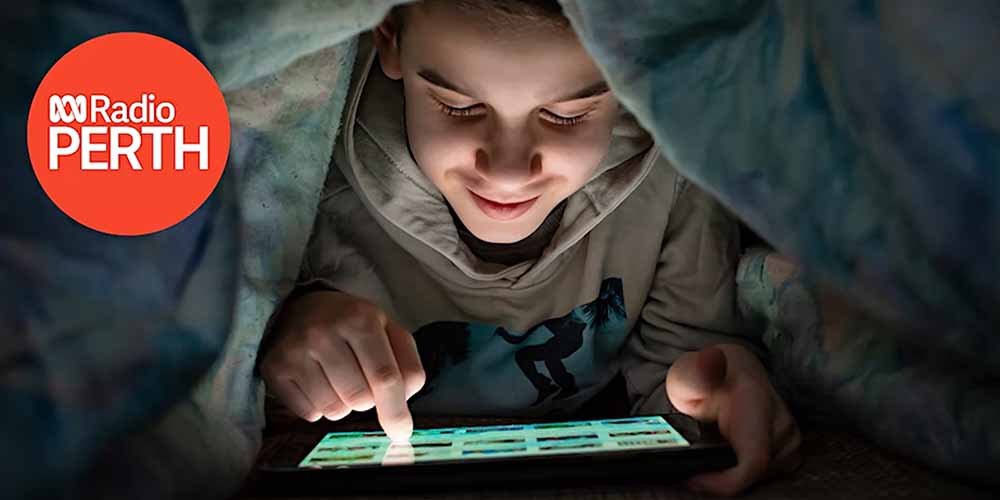
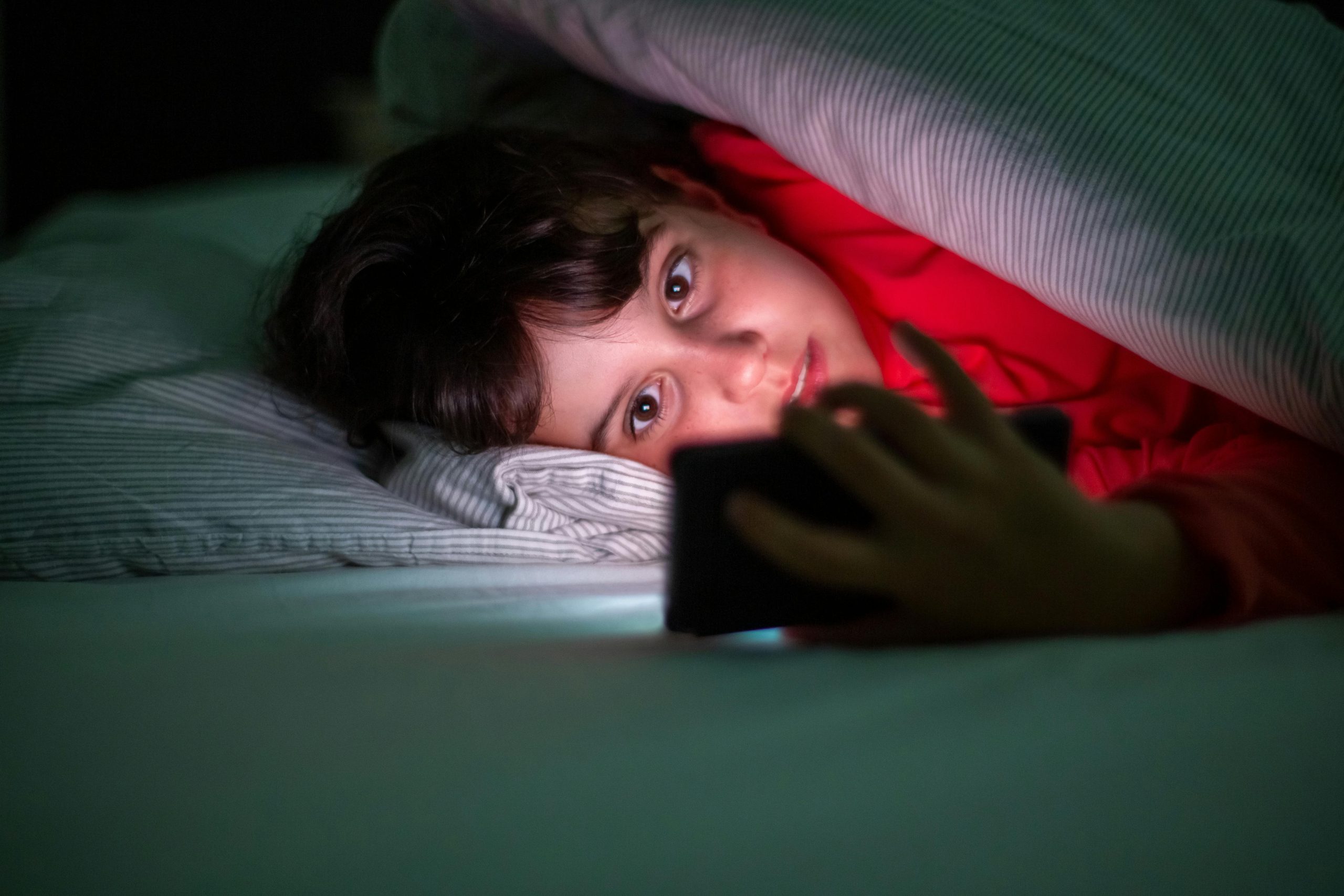
How is digital technology affecting our kids’ sleep?
In an increasingly digital world full of ubiquitous devices, the impact of technology on kids’ sleep is of particular concern.
More children are using devices, and at an earlier age. This raises many questions about the costs and benefits of technology for healthy development.

How baby apps are shaping modern parenting
Clara is one of many mums continuously using mobile apps on their parenting journey. It’s a common trend, and it’s basically a modern way of doing what parents have done forever: keeping track of their baby’s feeds, changes and sleep.
But while some new mums swear by these apps, others find they carry downsides, according to a recent Australian study that explored the role of baby-tracking apps in parents’ lives.
Movement
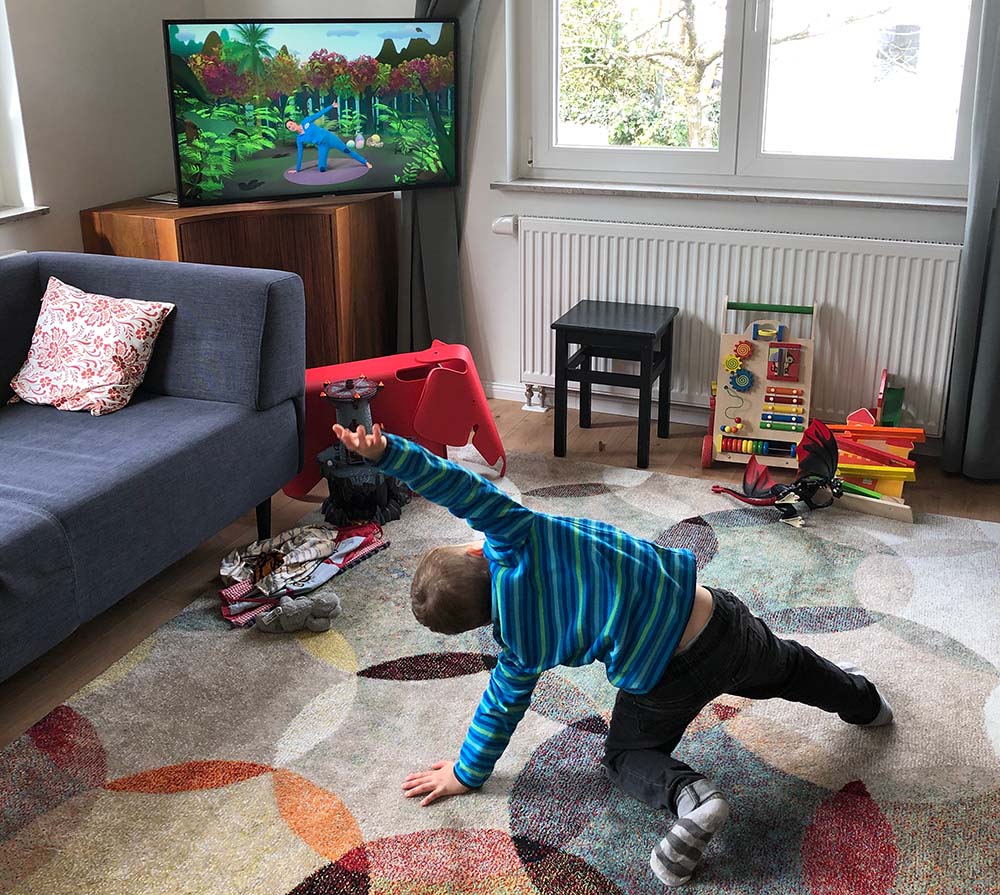
Screen time doesn’t have to be sedentary: 3 ways it can get kids moving
There have been concerns about screens making kids more sedentary and less active since TV was introduced more than half a century ago.
“Screen use” and “not enough exercise” are (separately) among the top health concerns Australian parents have about their children.
But screens are not necessarily the enemy of exercise. Our research looks at how screens can help children be physically active.
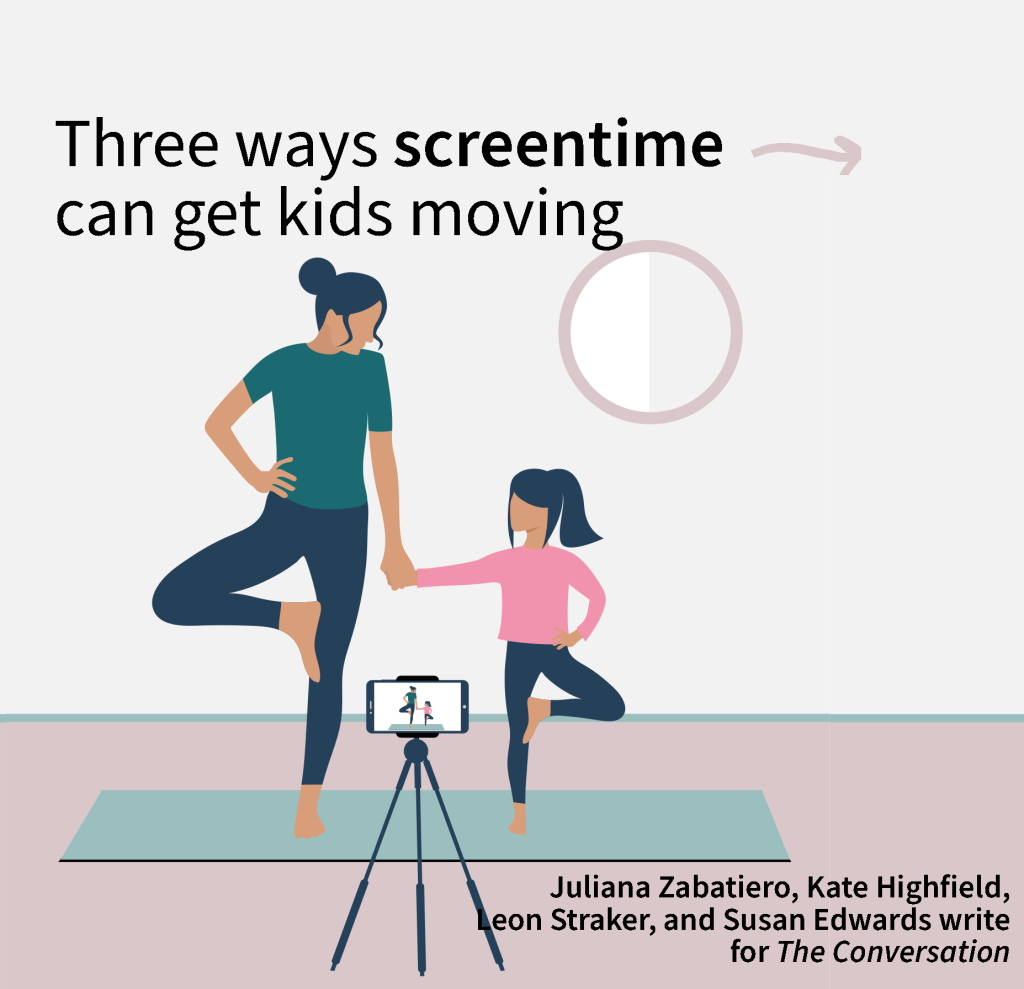
Using screens can affect a child’s physical health and development, but that doesn’t mean screens are bad
People often worry about how the use of digital technology affects the physical health and development of children and young people.
So for more than 20 years, our team at Curtin University’s School of Allied Health has been researching these physical implications.
We’ve identified two types of risks: risks while using screens, and risks because using screens replaces other activities.
But we’ve also developed some ways to think about screens and screen use that parents and professionals may find useful.
Looking for academic articles on screen time and wellbeing?
- Gadam, S., Pattinson, C. L., Rossa, K. R., Soleimanloo, S. S., Moore, J., Begum, T., Srinivasan, A. G., & Smith, S. S. (2023). Interventions to increase sleep duration in young people: A systematic review. Sleep Medicine Reviews, 70, 101807–101807. https://doi.org/10.1016/j.smrv.2023.101807
- Hendry, D.; Rohl, A.L.; Rasmussen, C.L.; Zabatiero, J.; Cliff, D.P.; Smith, S.S.; Mackenzie, J.; Pattinson, C.L.; Straker, L.; Campbell, A. Objective Measurement of Posture and Movement in Young Children Using Wearable Sensors and Customised Mathematical Approaches: A Systematic Review. Sensors 2023, 23, 9661. https://doi.org/10.3390/s23249661
- Hesketh, K. D., Booth, V., Cleland, V., Gomersall, S. R., Olds, T., Reece, L., Ridgers, N. D., Straker, L., Stylianou, M., Tomkinson, G. R., & Lubans, D. (2023). Results from the Australian 2022 Report Card on physical activity for children and young people. Journal of Exercise Science and Fitness, 21(1), 83–87. https://doi.org/10.1016/j.jesf.2022.10.006
- Torjinski, M., Horwood, S. Associations between nature exposure, screen use, and parent–child relations: a scoping review protocol. Syst Rev 12, 217 (2023). https://doi.org/10.1186/s13643-023-02367-2
Get our monthly newsletter
Updates on the latest research on children and digital technologies delivered straight to your inbox.



